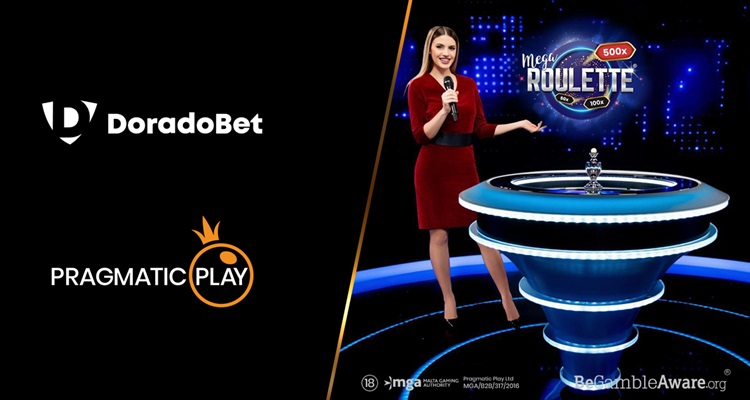

At brick and mortar casinos, poker players can get into all kinds of disputes ranging from the wrong amount of rake taken from a poker pot to someone breaking the rules at the table. The procedure for solving the dispute goes as follows: The floor is called to evaluate the situation and then a final decision.
It’s easy to notice most cases of a player breaking the rules when you have security cameras all over the place. At online poker tables, the situation is different though. You can’t see what the players are doing at their computer while playing cards. Recently, cases like using various tournament hand charts or real-time assistance software during gameplay have been discussed widely in the poker community. While it’s almost impossible to completely prevent those, handling player disputes should be relatively straightforward in case someone is found cheating. You ban the cheater and reimburse lost money to players who have played at the same tables with them.
What if you’re playing on a non-licensed poker room instead? The case gets much more complicated right away. While every operator has interest in protecting their players from cheating at the tables, having any kind of guarantee of that is nearly impossible. Worse yet, if affiliates are working with non-licensed operators as well, they might get into a tough spot if their players lose their money in against colluders or users of RTA software.
In this article, team members of Beastsofpoker.com discuss various aspects of solving player disputes as an affiliate and what kind of safety measures you should have with non-licensed poker operators. Let’s start with monitoring the games:
Monitoring the games for potential risks
The most common cases of fraudulent activity at the online poker felts are collusion and use of prohibited software. The third significant risk is the counter-party risk on unlicensed poker clubs. Depending the rules of the poker room, players might be able to use software like trackers during gameplay but any software that directly assists you in the decision-making is strictly out of question.
Collusion
Detecting collusion is much easier than detecting real-time assistance software usage, especially if the colluders do not use sophisticated strategies to hide what they’re doing. By monitoring a cash game or tournament table for 10-20 minutes, you can usually notice if something doesn’t add up with players’ actions.
Forbidden software
There’s not much you can do as an affiliate for detecting forbidden software unless you happen to play the games regularly and notice weird patterns by yourself. RTA users might try to play on licensed poker sites as well, so this risk is present no matter where you choose to play online poker. The only practical way to prevent your players from getting abused is to make sure the gambling operator has a security team to monitor the games for these cases.
Before you choose to promote a certain brand or an online poker club, it’s recommended to do a bit of research. Browsing through a few internet forums is not enough in this case. You should reach out to players and other affiliates on how it’s like to work with this brand, and if possible, meet the people behind the brand in person. Even after everything seems to click on paper, you might have to give your players a guarantee on their deposits, which can obviously be a big risk. Still, you don’t want to end up in a situation where a player has a dispute and nobody is able to reimburse them or handle the complaint properly.
Leveraging industry relationships to solve disputes
We’ve countered several cases where players have been unable to claim their winnings from a poker room. On licensed poker sites, the cases are usually about the player breaking some of the site’s T&Cs, which results in their winnings being frozen or the operator being shut down due to running out of cash.
While there’s counter-party risk in every business, with non-licensed operators the players will have a hard time to get reimbursed in case the operator runs out of money or refuses to pay a player if they conclude some T&C s have been broken, since there’s no regulatory body to handle the disputes. This leaves affiliates with just one option with player disputes: Negotiating with the operator.
From player’s point of view, having their account opened under an affiliate brings added safety. If something goes wrong with the gambling operator and the player feels like he is out of luck, the affiliate can try negotiating with the operator to get things sorted out. Again, there are no guarantees that the negotiations end up with a satisfying result for all parties involved. Yet, it’s definitely worth a try.
Final words
In general, preventive measures are easier to set in place than and preferrable to handling player disputes & trying to fix damage that has already occurred. As an affiliate, you should be prepared to help your players with any disputes, whether they were abused by other players breaking the rules or an operator confiscating their winnings. Lastly, it’s never a bad idea to keep up-to-date with the latest dispute resolutions procedures by following industry news.











